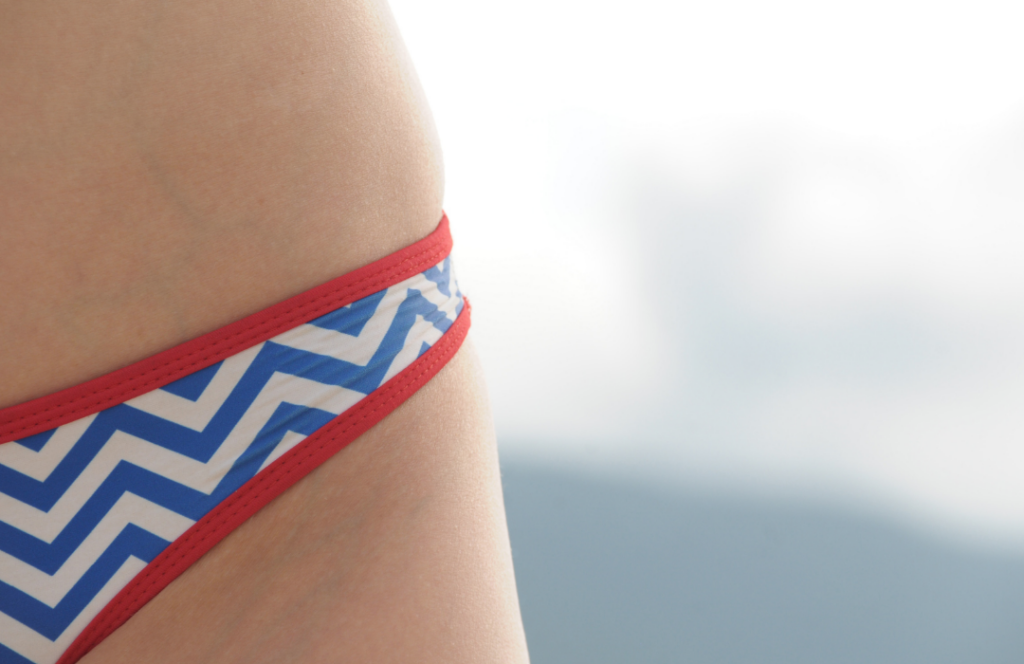
In my practice, vulva or vaginal itch and rash are easily the most commonly seen complaint amongst women. This can affect women of all ages, from the young to even those in the post-menopausal age group.
The itch commonly affects the skin folds on the outer area surrounding the vagina. This area is also known as the vulva.
Having a persistent itch around the vulva area can be extremely frustrating and debilitating to one’s quality of life. The itching also comes on worse at night causing disruption to a good night’s sleep.
As this is such a common condition that can affect any woman, I have seen a number of married women come in with severe itching, frustrated and worried that they’ve caught some kind of STD or that their partners were unfaithful.
In this article, I will address these concerns and debunk any wrong ideas that people may have from this very common condition.
What Are The Most Common Reasons For Vulva Itch And Rash?
1. Contact Dermatitis or Irritant Dermatitis
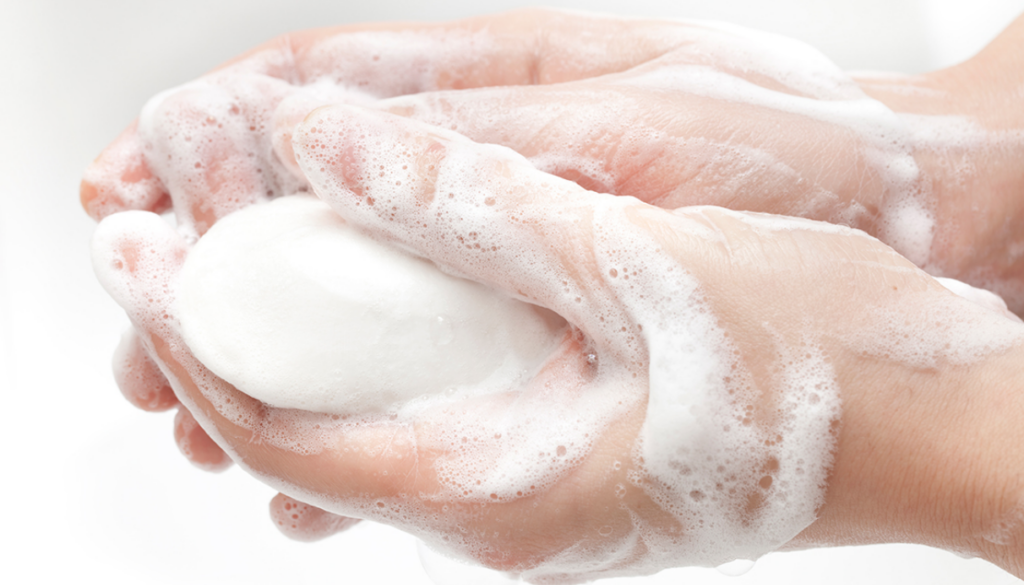
Many patients commonly use various products such as strong soaps, feminine washes, feminine deodorant or new brands of sanitary pads, which they are not used to. These common ‘bad habits’ are very often the triggers for an itchy vulva with a rash.
Other common triggers also include going for Brazilian waxing, whitening or IPL procedures on your private areas.
These are all very common irritants of your skin, especially for a sensitive area down there. This can then lead to itching and rash.
2. Tinea (Fungal Infection)

The vulva and groin region are areas which trap moisture and heat very easily, especially in the hot weather we experience in Singapore.
Prolonged trapping of heat and moisture serve as favorable breeding grounds for fungal organisms to thrive. This will lead to a red and itchy rash that may appear over the vulva and groin region, sometimes even extending to the anal region.
This is usually seen in girls who are physically active but do not change out of their damp underwear and clothes for several hours after exercising, or in women who wear tight underwear and clothing for prolonged periods of time.
3. Lichen Simplex Chronicus
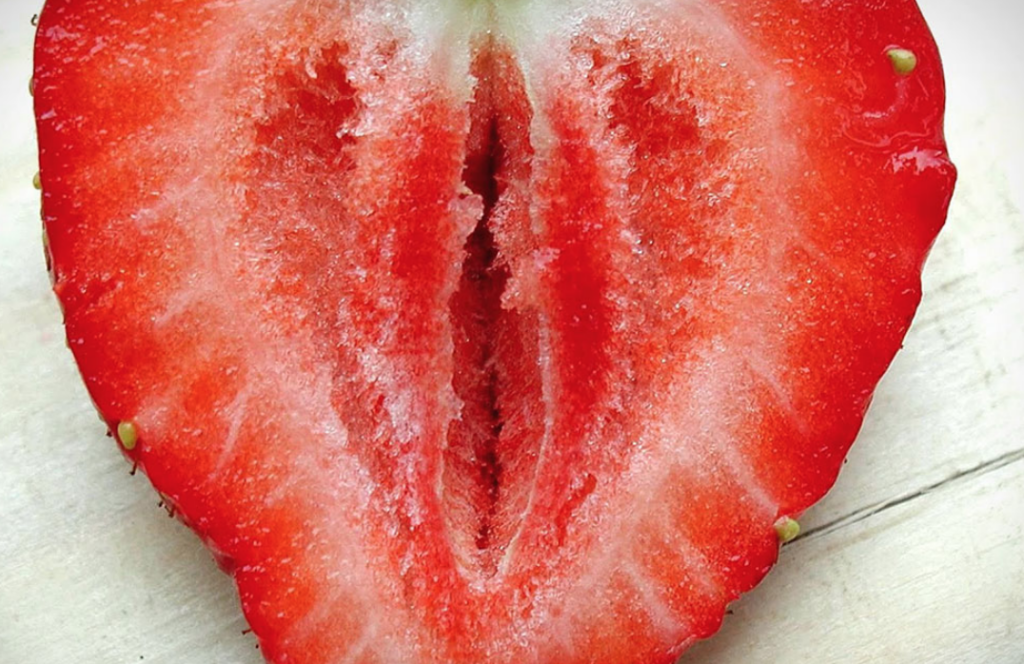
Whilst this name may sound long and intimidating, it essentially just refers to eczema of the vulva skin.
Eczema is one of the most common dermatological conditions amongst the population, and it can affect skin anywhere on your body, even in the private areas.
Just as how eczema over the rest of your body is intensely itchy, lichen simplex chronicus causes an intense itch over the vulva area as well. This condition is usually triggered by skin irritants in the form of new soap products or creams which dry out the skin there.
As the skin over the vulva area is very sensitive, it can dry out easily and lead to itchy and irritating skin down below.
Dryness of the skin can also trigger the symptoms of itch and eczema, which makes it more common in post menopausal women who are more prone to vaginal dryness.
4. Lichen Sclerosus

Lichen Sclerosus is another relatively common condition that can also affect men, younger women or even children. It is most common in post-menopausal women.
This is due to underlying skin inflammation, but the exact underlying cause is still not well known. This inflammation of the vulva skin leads to intense itching or soreness of the vulva.
A key feature of Lichen Sclerosus also includes skin changes to the architecture of the skin around the vulva area, giving it a whitish appearance, scarring or thinning of the skin around the vulva.
These skin changes can lead to narrowing of the vaginal passage, which in turn can lead to painful or difficult sexual intercourse as well.
Lichen Sclerosus also carries a small risk of potentially developing into vulva cancer.
5. Lichen Planus

Lichen Planus is another inflammatory condition that is thought to be an autoimmune disease. This means that it is caused by your own body’s immune system.
Lichen Planus is characterized by raised purplish lesions, which commonly cause itching and soreness in the vulva area.
This can also cause scarring of tissue with architectural changes, leading to narrowing of the vagina and also leading to painful or difficult sex as well.
There can also be a very small risk of malignant change.
There can also sometimes be overlap with Lichen Sclerosus.
6. Vulva Psoriasis
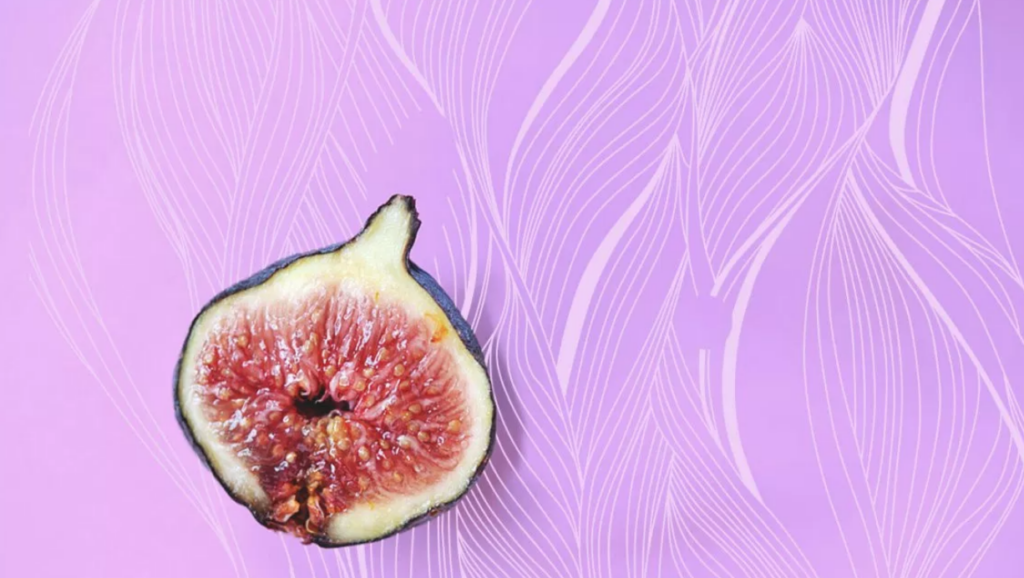
Psoriasis is an autoimmune skin condition that causes pink scaly plaque like rashes over any area of your body, commonly over your body, arms, legs or scalp.
Sometimes it can also affect the skin around the vulva region, causing what we know as vulva psoriasis.
You may experience thick pink scaly plaque-like rashes over the vulva region that is itchy. This can be associated with similar psoriatic rashes over the other parts of the body.
So Are Any Of These Conditions Sexually Transmitted?
The simple answer is no. These common conditions listed are the top few causes of vulva itch and rashes seen in women, and fortunately, none of these conditions is caused by or related to any sexually transmitted disease!
However, if you have had any high-risk exposure and are experiencing any similar or abnormal symptoms, it is ultimately still important for you to seek a doctor’s opinion on your symptoms and get tested.
How To Treat Them?
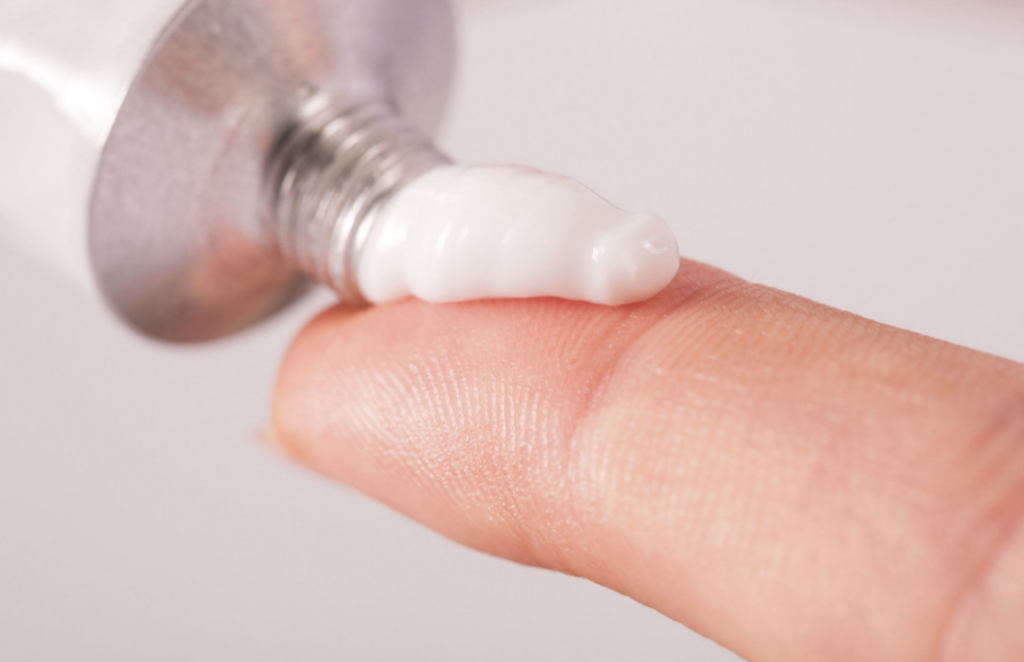
1. Topical Steroids
Topical steroids can be used as the mainstay of treatment for several of these vulva conditions such as Contact Dermatitis, Lichen Simplex Chronicus, Lichen Sclerosus, Lichen Planus and Psoriasis.
You will be given steroids of varying degrees of potency depending on the severity and type of condition you have.
2. Topical Anti-Fungals
This will be useful for treating fungal infections of the groin and vulva area.
In more severe conditions, this may be combined with oral antifungal medications as well.
3. Moisturizers
Moisturizers are especially useful and important in common conditions such as Lichen Simplex Chronicus, which is exacerbated by dry skin and scratching.
You should use moisturizers which are gentle on the skin that do not contain perfumed products. Brands such as Cetaphil, QV and Physiogel are usually recommended.
4. Anti-histamines
An important way to fight this battle is to tackle the most irritating symptom, which is the intense itch.
Scratching persistently will not only worsen your condition, it also makes the medications less effective. It can also lead to broken skin which predisposes to secondary bacterial infection, which will complicate things a lot more.
Aside from medications, the key to treating most of these conditions lie in changing your personal habits and vulva hygiene to ensure that treatment administered can be effective and to minimize the chances of recurrence.









